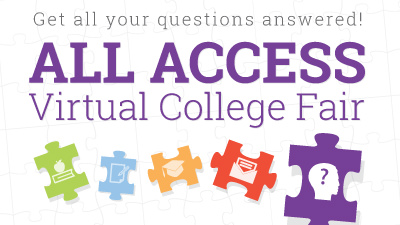Breakfast with the Counselors: Understanding our Sophomores.
Nipmuc School Counseling Center welcomed sophomore parents to “ Breakfast with the Counselors-Supporting Healthy Decisions.” The School Counselors were joined by Kristen Birch, Clinical Coordinator of You Inc’s Day Treatment services as a guest speaker. We would like to thank Kristen and all the parents who participated in this event. Here are some highlights from our workshop.
Sophomore year poses many academic and social challenges for students of this age. Parents and counselors highlighted numerous changes that occur as students transition between freshmen and sophomore year. Parents expressed feeling challenged as their students experienced more stress, faced more academic challenges, and on the home front, pushed boundaries, expressed more defiance, or exhibited more solitary or isolated behavior. Counselors noted that some of these challenges occur because of age appropriate drives towards autonomy and independence, but agreed that parent-child dynamics saw considerable changes.
Sophomore year is an “in-between” year. Sophomores gain less attention than the freshmen, juniors and seniors who are experiencing major milestones and transitions, and yet so much growth and development happens during sophomore year. Sophomores are just beginning to discover themselves as they start to drive, work outside the home and experience an expanded social world beyond their neighborhood or school. There is also a leap in intensity within the academic realm for sophomores and it is a high stakes testing year, which may add more stress and anxiety. For parents, counselors, and teachers, it is a major goal to support positive and healthy choices during this time.
Kristen Birch, our guest speaker, who works with substance abusing youth and their families at You Inc., discussed some of the changes that occur in teenagers at this time in their life, and provided some insights on how to foster positive choices for our students. One important factor to remember during this time is teenage brain development. Teenagers are largely driven by their amygdala, the emotional center of their brain, whereas their pre- frontal cortex, the “executive” branch of the brain, is not yet fully developed. Teenagers experience intense emotions, but the part of their brain that helps them to manage impulses and problem solve is not yet working effectively. Of course, this is all happening at a time that teenagers are looking more towards their peer group for affirmation and validation, and are distancing more from parents and caregivers.
Keeping this in mind, counselors and parents discussed changes in parenting styles. Many parents talked about reflecting more on their parenting style and interactions with their teens to help cope with the changing dynamics within their household. Parents recognized the need to problem-solve less for their teens and listen more, as their teens pushed for more independence and autonomy. Parents and counselors discussed having open conversations with teens in regards to the decisions they make, and allowing them to make their own choices based on these discussions. Parents were encouraged to embrace the idea of “planting the seed” with their teens and giving their teens time to process advice or ideas and make it their own. Parents and counselors acknowledged this was not always easy to do, but that fostering communication and connection was essential. Effective communication between parents and kids, while not always easy, creates a bridge between adults and children and can open the door to successful choices.
Our guest presenter offered a final analogy, that parenting teens is like bowling with the bumpers up. You launch the ball, and the bumpers keep it heading down the line, it might go off course a bit, and the line is not always straight, but the bumpers are there to help that ball get to the end goal.
Follow the link to find the documents provided at the breakfast: https://docs.google.com/a/mursd.org/file/d/0B16edQSQ2ZefYkc4NTM1R09RbG8/edit
If you could not make our breakfast feel free to contact the Nipmuc School Counseling Center with any questions or concerns. We also invite parents to send us ideas for future workshops.







